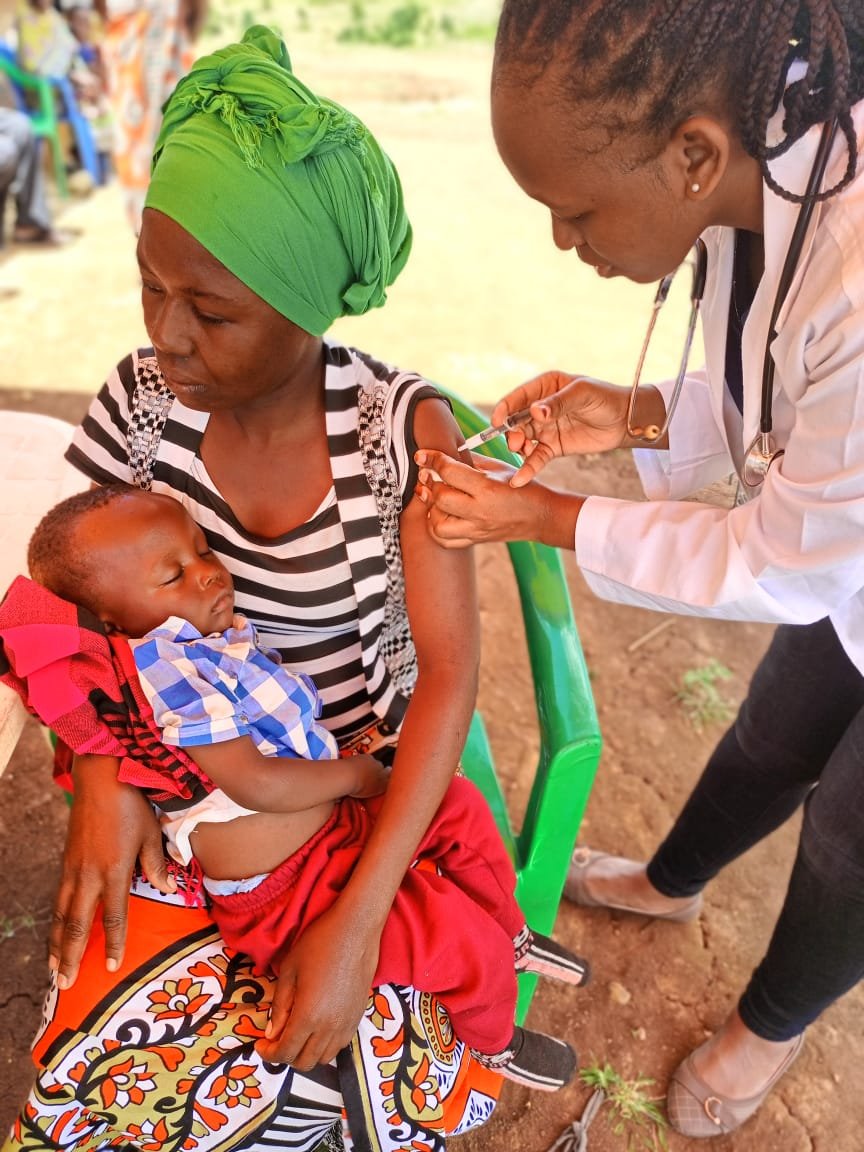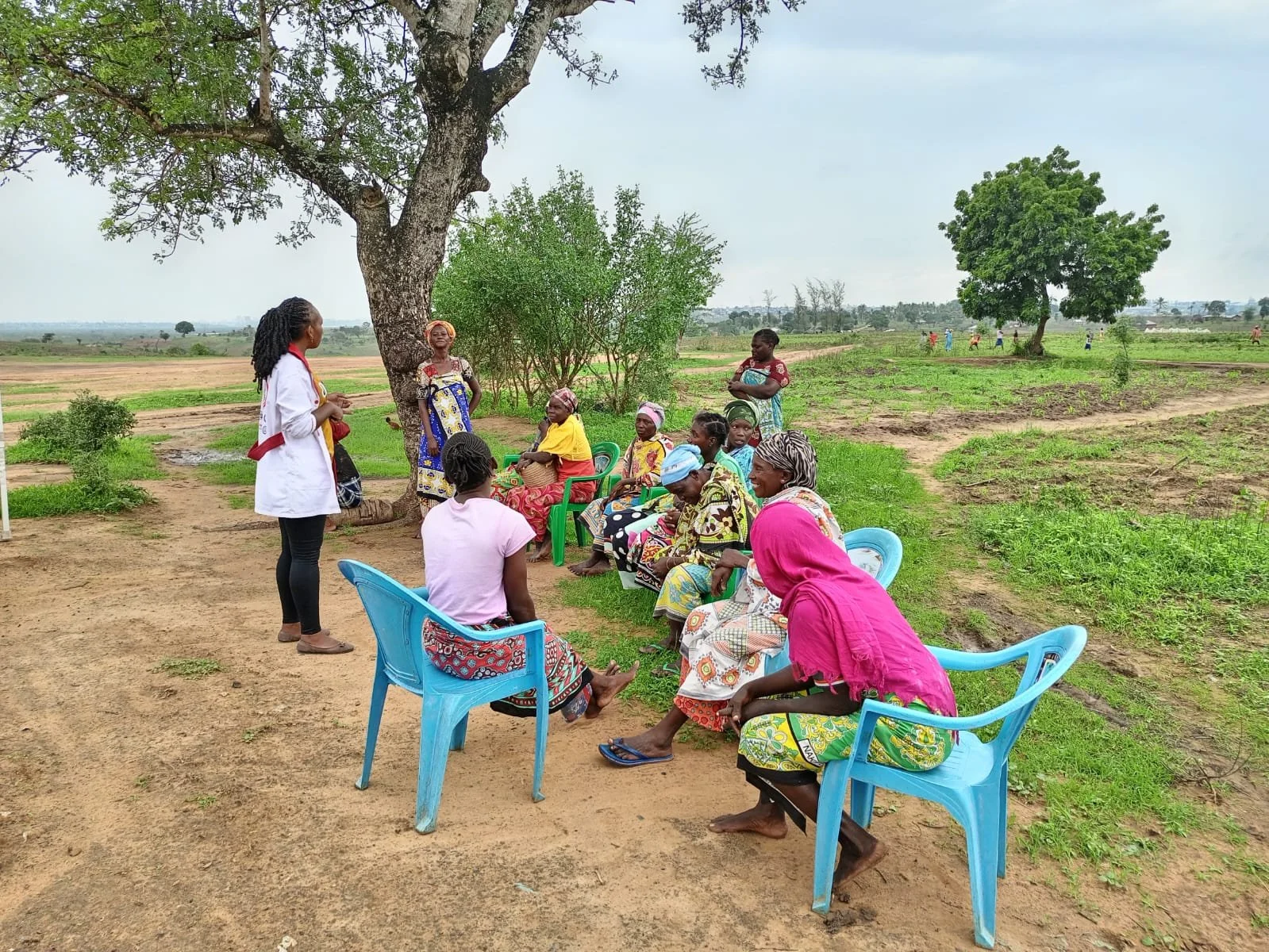
Ensuring healthy & thriving communities
Health Services
We operate in a delicate environment where many communities lack access to healthcare. Individuals often have to walk several kilometers to the nearest hospitals and medicines can be prohibitively expensive. Many rural communities only have access to traditional medicines with little knowledge of how to prevent illnesses or when to get treatment.
In 2007 in conjunction with Kenya’s Ministry of Health, we built the Nguuni Health Clinic, to ensure that long-term foundations are in place for healthy, thriving communities. Since then, the Nguuni Health Clinic has provided diagnostic services and treatment to over 80,500 patients since it opened.
Our health programme is based on 3 principles; prevention through education, care and research.
100,000
Patient Treatments
Open 6 days a week for consultations, the Nguuni Health Clinic delivers free health workshops and high-quality, affordable healthcare.
-

Family Planning
Family size in the communities where we work, tends to be between 8-10 people and Kenya’s population is increasing dramatically. This puts strain on rural communities as there is a shortage of land, food and water. At the Health Clinic we educate and encourage women to take control of their family size, helping them to understand their fertility cycle, and providing easy access to a wide range of contraceptive services.
-

Disease Prevention
Malaria is one of the most common illnesses in Kenya and can prove fatal without treatment. If medication is given without an accurate diagnosis, it can reduce the efficiency of anti-malarial medication in the future. At the Health Clinic we run educational workshops on Malaria, where we encourage the use of nets, distributing them where possible. We also provide blood-tests and necessary medication to individuals that test positive for Malaria.
-
Children's Immunisations
Our trained nurse visits local communities once a week to ensure that both immunisation for children under the age of 5 and antenatal support is available.
-

Weekly Community Outreach Programme
Our trained nurse, doctor and laboratory technician visit isolated communities once a week to provide necessary healthcare and medication in remote areas.
-

Diagnostic Screening
Through diagnostic screening we are able to identify and determine underlying health problems, allowing us to act quickly when providing treatment, which can often make it more effective.
-

HIV awareness and self-testing kits
HIV awareness workshops are an integral part of our community outreach program. Our health workers conduct HIV testing on-site and also provide access to self-testing kits to ensure confidentiality and convenience.







